The Top 5 Rules Of Managing High Conflict Shared Parenting After Divorce.
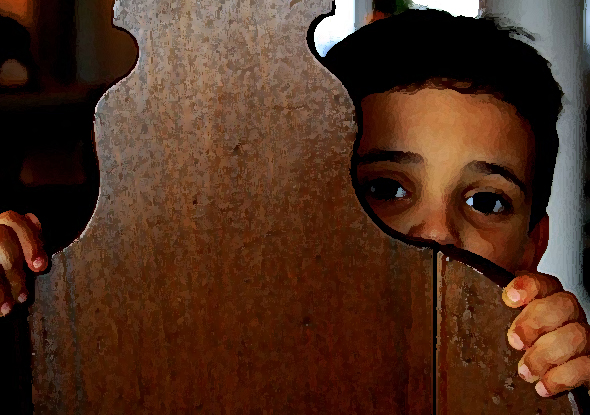
This blog contains affiliate links, which we may receive a commission for purchases. The decision is yours, whether or not you decide to buy.
Co-parenting after a relationship breaks down is one of the most challenging things any parent will have to face. For a lot of families, there is a willingness on both sides to work through the hurt and come out the other side with a shared view on how this will work.
What happens in the families where this isn’t possible?
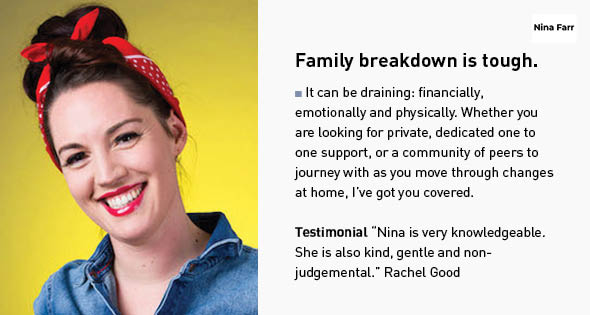
I work with families who have experienced high conflict separations. The rule-book for shared parenting is significantly different in these homes.
1. Make sure that your children are safe
If your divorce has been caused as a result of bad behavior on either side, contact with your Ex may feel unsafe for you as an adult. It may in fact also be unsafe for your child. You need help to make this decision permanently. Safeguarding is everyone’s responsibility.
Organisations including the Police, Social Services, Schools and Doctors must support you in keeping you and your children safe. Ask for their help if you need it, to make sure that your children are looked after properly in both their homes.
You can make a private arrangement to keep safe contact going in the interim by arranging visits through your local contact centre. www.naccc.org.uk The National Association of Child Contact Centres exists to help families through this upsetting and difficult process. Both resident and non-resident parents can apply for help to maintain supported contact.
2. Remove yourself from the conflict
If seeing your ex will spark off fighting, or issues in front of your children, do whatever you can to not be there. It’s not fair for children to be caught between parents who are treating each other terribly. Seeing both parents, when it is safe to do so, is every child’s right.
Allow your children to look forward to time with their other parent, and to enjoy it when they are away from you. Sharing your anger or resentment towards your ex with your children directly causes them harm.
If a contact centre is not appropriate, try to find a supportive family member or friend who is willing to regularly manage handover. Alternatively, choose a public place for handovers away from either parents home. You might use a police station, for example.
A practical solution for many separated parents is to arrange to drop off and collection of your children through their school or nursery. If you can do this, you may never need to cross paths with your ex at all.
3. Keep the children in mind all the time
Contact with their other parent is not about you. I know this is hard to hear, but it really isn’t. Your child’s desire and need to be able to love both their parents has nothing to do with you. It has everything to do with them. At all times, remember that you love your children more than you hate your ex. They will thank you for it in the future, believe me!
When you are locked into a issues with an ex partner it’s easy to fall into the trap of trying to control their contact with your shared children. Perhaps it feels like handover is the only opportunity you have to see your ex, or engage with them in conversation. Stop.
Communication between parents should happen in private, away from little ears. If this means you only speak via solicitors letters or email for a while, so be it. Ask yourself why you are so driven to see your ex in person – if the relationship has ended in high conflict, the chances are you wanted to protect your children from growing up around tension and anger at home. Keep them safe from witnessing anger even after your marriage has ended.
4. Parallel parenting is better than conflicted co-parenting
It’s important to accept that there is no ‘right way’ to parent. There may be many wrong ways, when children are harmed, and if you believe that your children are being harmed go back to point one now: get a second opinion and take steps to keep your children safe.
Parallel parenting is a term used to describe parenting relationships where there is no co-parenting involved. This means that you parent as you see fit when the children are with you, and as long as they are safe, their other parent is allowed to parent as they see fit as well.
There needs to be little to no communication in a parallel parenting arrangement between the adults. It’s not ideal by any stretch of the imagination, but for parents who simply cannot agree, this method will reduce conflict immediately.
Perhaps your children are given different boundaries, a different diet, or different education with their other parent. It’s uncomfortable to be sure. Nevertheless you may have to learn to let this go. It takes time to accept.
Remind yourself that at one point, you shared enough in common with this other adult to get married and create a child with them. There is common ground in there somewhere. Your child shares both yours and their other parent’s heritage. Allow them to learn and discover the world through both their parent’s eyes.
5. Emotional and practical support for yourself
A high conflict divorce is one of the most stressful experiences you can possibly live through. Knowing that you cannot simply remove a deeply troubled relationship from your life, because your children are still shared between you, is exhausting and upsetting.
Your own family and friends are likely not equipped to help you deal with the depth of emotions you are going to feel as your divorce unfolds. Find someone who is able to hold you on this journey, safely. It’s vital that you prioritise this emotional support for yourself because it will also protect your children.
A well-resourced, calm, happy set of parents who love their children separately, is so much healthier than two parents who allow their children to become a channel for ongoing conflict and hurt.
Written by Nina Farr. Parenting and Leadership Coach. www.ninafarr.com
PHOTO CREDIT CAPTURE QUEEN
You may also like
Parenting books
Buy now from Amazon
Podcast
If you’re looking for some straight-up, positive advice on topics that affect your daily life, then check out The Sue Atkins Parenting Show. Each week Sue bare will discuss every possible aspect of your parenting challenges, from weaning to whining, boundaries round technology to stroppy teens. You’ll get practical tips, techniques and advice that really work- and it’s all totally free.
Articles
- 5 Ways To Parent With A Narcissist
- How To Be Great Parents Through Separation And Beyond
- Divorce From A Child's Perspective
Videos
Practical advice and tips from professionals on what to do with issues and challenges around divorce from parenting to finance.
Events
Practical tips & advice designed to help people going through divorce, whether online or in person.
Useful links
Here's a selection of organistaioins from parenting to finance to help you with your divorce.
Parenting professionals
Related Posts
-
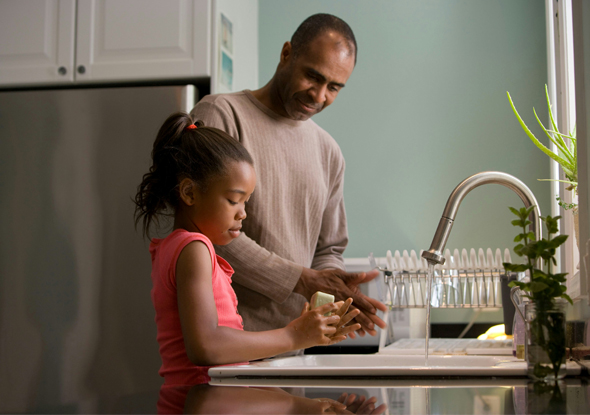
10 Parenting Strategies To Foster A Strong Bond Between Parents & Kids
-
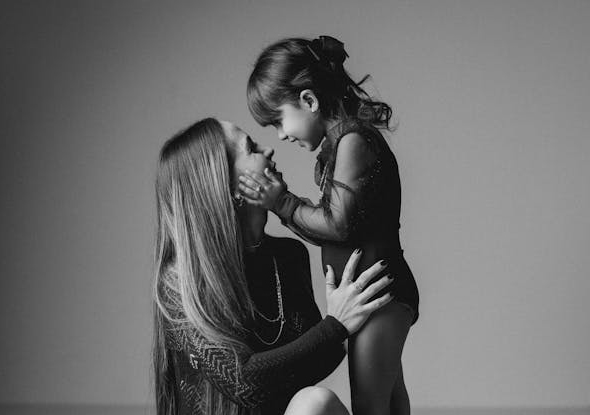
Navigating The Transition To Single Parenthood After Divorce
-
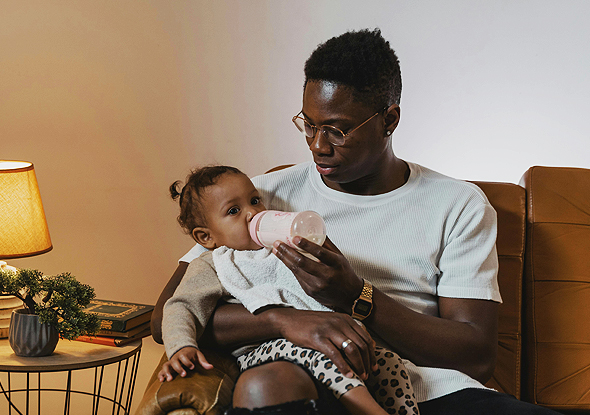
Effective Co-Parenting Tips: How To Communicate, Compromise, And Focus On Your Child's Well-Being
-

Successful Co-Parenting: 4 Essential Strategies For Harmony And Unity
-
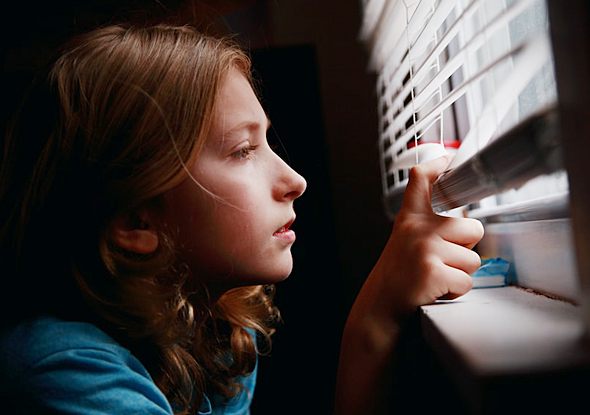
How Kids Feel About Their Parents' Separation: Impact, Signs, and Coping

.jpg)
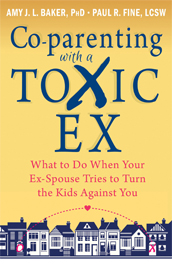
.jpg)



.jpg)

